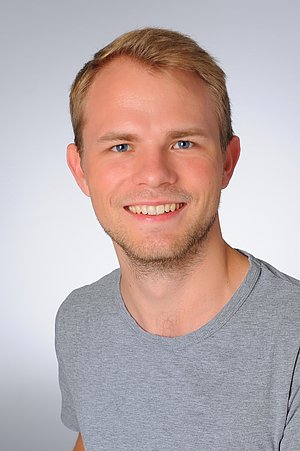
Deciphering synergistic treatment effects by combining adoptive cellular therapy with ALK targeted therapy in EML4-ALK driven non-small cell lung cancer
Today, lung cancer is one of the most common cancers and leads to the highest number of cancer deaths worldwide. The driver mutation EML4-ALK occurs in 5-10% of lung adenocarcinomas. Consecutively, the formation of the EML4-ALK fusion protein leads to cell growth and proliferation through uncontrolled activation of oncogenic signaling pathways, for example RAS/ERK. The development of tyrosine kinase inhibitors (TKIs) has shown a promising therapeutic approach, but resistance develops over time, partly due to acquired mutations in the kinase domain or the activation of bypass signaling pathways.
In recent years, a deeper understanding of the tumor microenvironment and the immune infiltrate has revealed the importance of cellular components in tumor development and control. Therefore, I will focus on the use of a combined immunotherapeutic approach in an EML4-ALK driven tumor mouse model. Considering the limiting effect of TKI therapy alone, I would like to use my project to explore new concepts to fight EML4-ALK driven cancer while expanding the understanding of its underlying mechanisms.
https://innere1.uk-koeln.de/forschung/arbeitsgruppen-labore/krebstherapie-und-molekulare-bildgebung/
